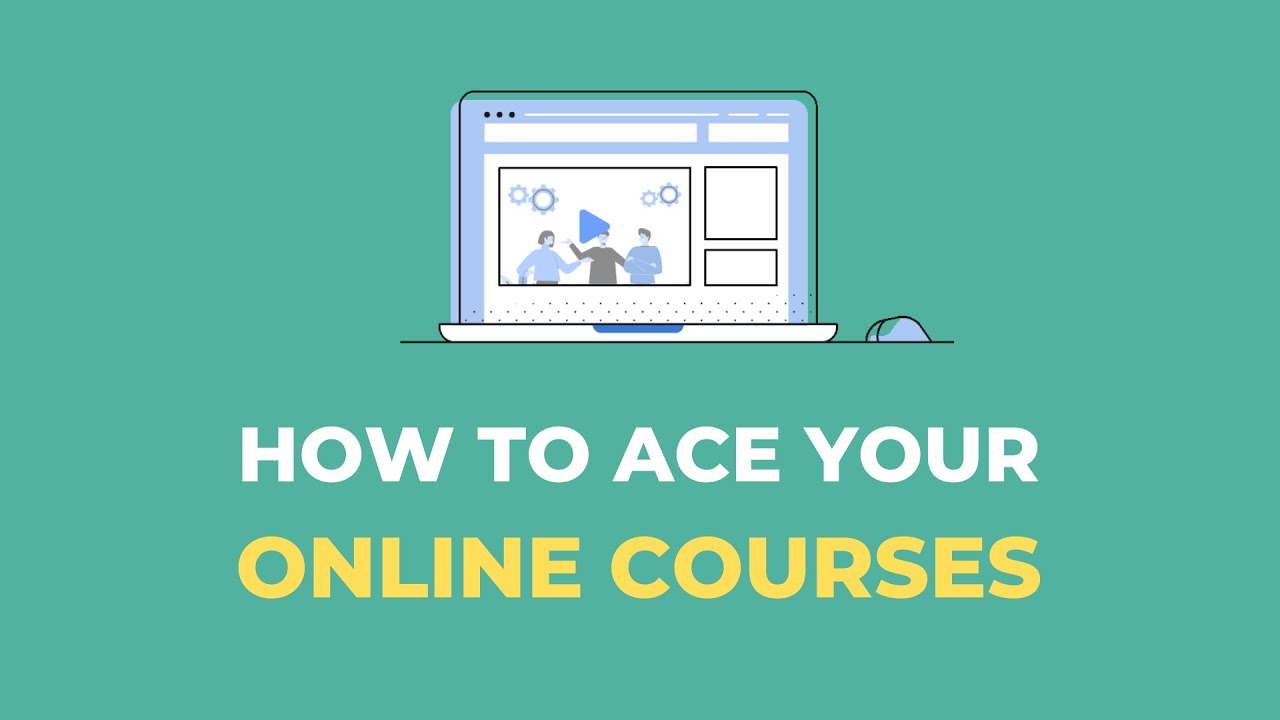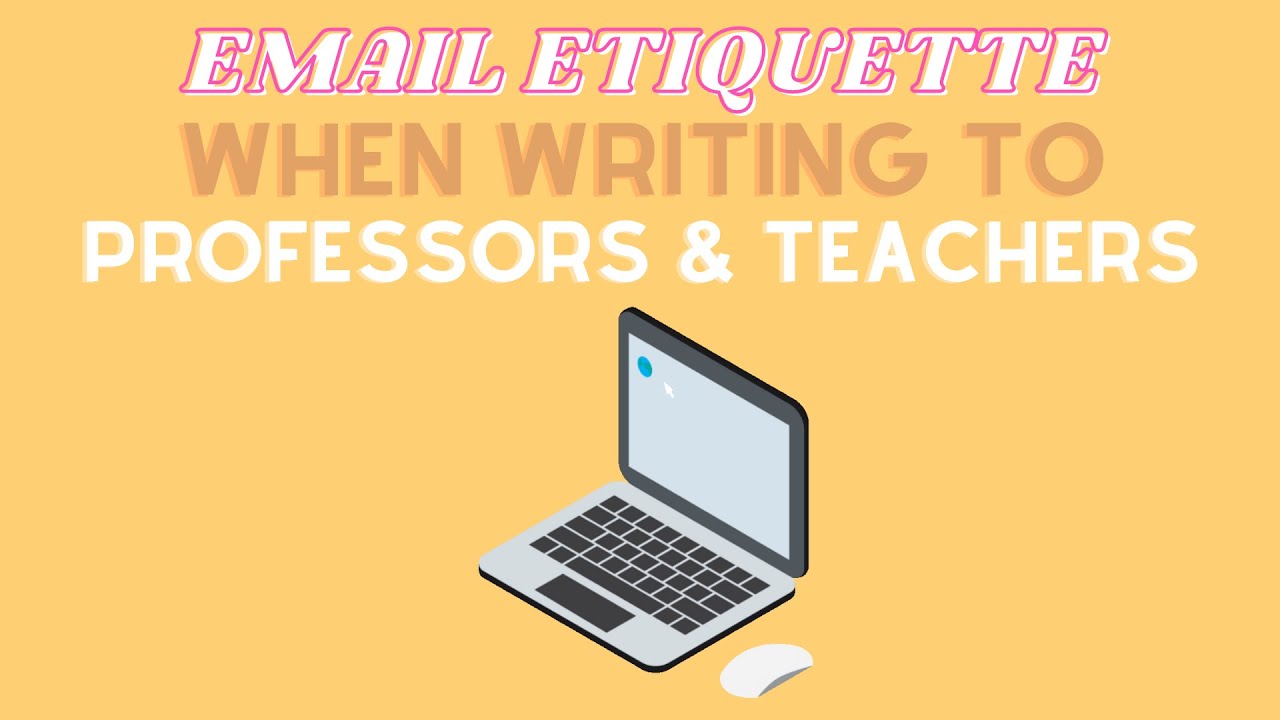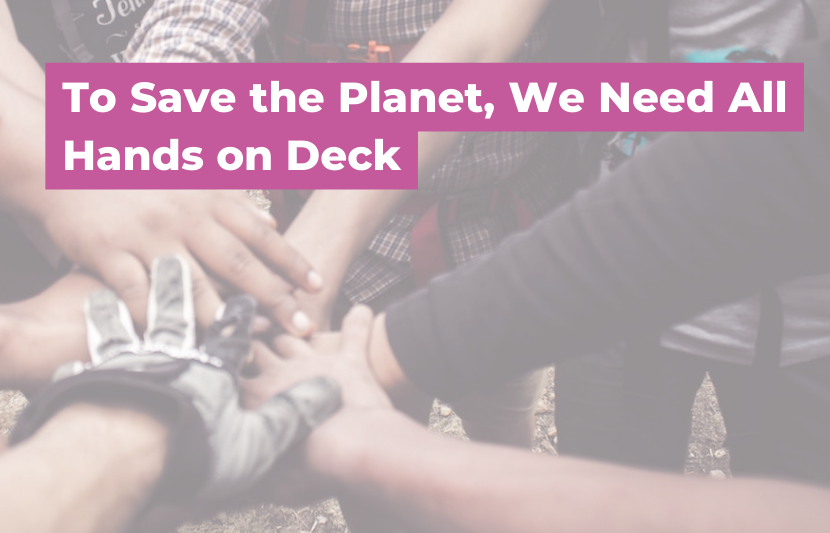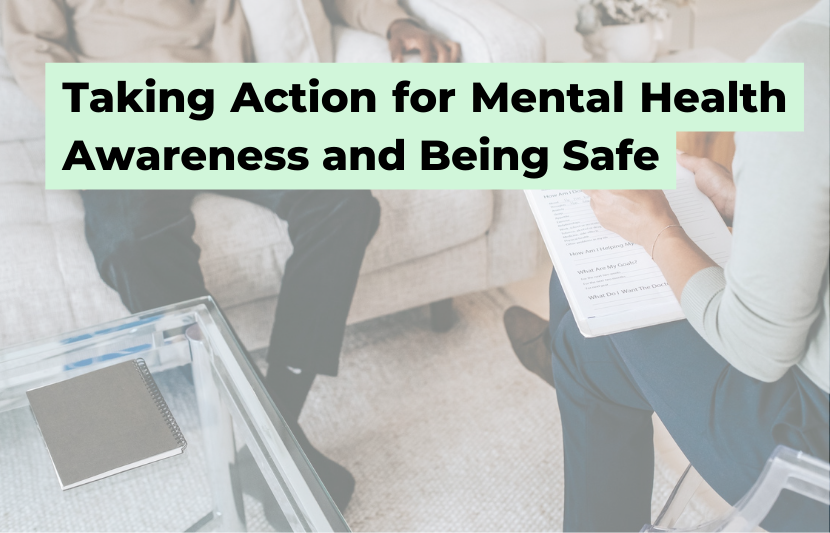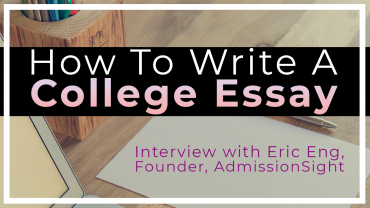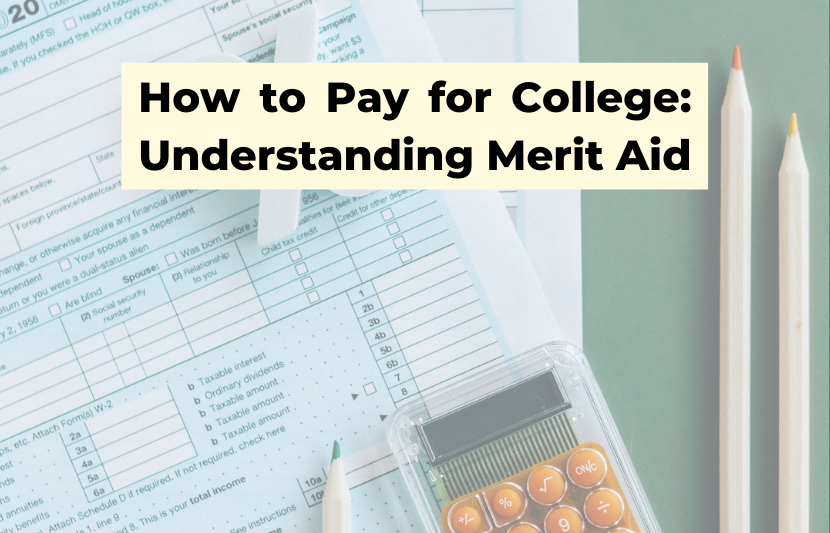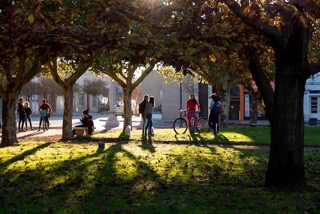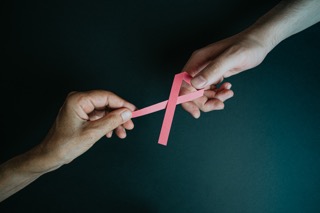In this episode of TUN TV, Dr. Crystal Rose interviews Dr. Cammie Rolle, co-founder of ASciencePro, about standing out in college admissions with research.
Dr. Rose: Welcome to The University Network TV, where we scan the globe to give students, their families, and educators the very best tips for student success. I’m your host today, Dr. Crystal Rose, and on today’s show, we’re talking about the new normal in college admissions and ways students may distinguish themselves.
Students are looking for more selective colleges in this test-optional environment. This means, you’re going to want to find ways to distinguish yourself when applying to colleges, and you want to do this in a way that schools care about. One of these areas we know is research.
It’s a broad field and it does allow students, even high school students, the opportunity to explore and indulge their curiosity. One of the concerns we’re hearing from students and families alike is, how can a high school student engage in meaningful research during post-COVID time?
Here to discuss options the students have, we’ve invited a co-founder of one of The University Network’s community members, Advanced Science Exploratory Program. Dr. Rolle is a post-doctoral fellow working both with the neurosurgery and psychiatry departments at Stanford and the University of Pennsylvania.
Please welcome Dr. Cammie Rolle.
Dr. Rolle: Thank you for having me, Dr. Rose. I’m happy to be here.
Dr. Rose: Thank you so much for joining us. What are some of the ways that students may distinguish themselves in this post-COVID environment via a research experience?
Dr. Rolle: So, it definitely got more tricky, especially during COVID, to get hands-on research experiences. So, the benefit now is that there’s a lot more virtual opportunity that we are seeing in the research space for high school students and college students to be getting involved and getting experience.
A lot of research labs are now offering virtual positions where you can be doing data processing, data organization, data analysis, even filing, reorganization. A lot of things that you would be doing in a lab can now be done virtually in a lot of different labs. So, that is one opportunity to get research experience.
And there are now, especially in this stage of COVID, there are a lot more opportunities now to be in a lab and working in different ways. You want to choose a lab that you’re excited about and you’re excited about the work they’re doing. And then you can actually pursue different labs to get hands-on research experience – and that can look a lot of different ways, and I’m also happy to talk about – but those would be the key ways I would suggest pursuing research experiences, depending on your comfort level and depending on your location.
Dr. Rose: Well, those are really good options and opportunities for students to explore on their own. So, when colleges are looking at students, what does research experience indicate to them?
Dr. Rolle: It’s a good question because students can do a couple of different things. One of the ways they can get research experience is through programs. So, there’s summer programs, sometimes even programs during the academic year, where you can learn about research, learn about science and get tours shadowing. There are different facilitated opportunities in that way, that you can get experience as a student. And that’s wonderful and important as well.
But I do think, from my understanding and my interaction with college admissions officers, actually what they’re looking for – more and more to my surprise – is hands-on research experience. And I don’t mean hands-on in the sense of you being there in person – virtual counts – but more hands-on in that you’re actually part of a lab. And you’re part of that lab as what would be considered a volunteer research assistant or a volunteer research summer intern.
There’s a lot of human work in research. There’s a lot of HIPAA compliance, which means there’s privacy issues because you are still a minor. And in that way, it can be a little challenging depending on the space that you’re trying to work in. Sometimes, animal work is actually a little bit easier to maintain research experience than human work. But either way, there are opportunities out there.
Another thing to consider is, there’s a lot of college students also going for those – so it’s high school and college students trying to get these research experiences at major universities or even private industry positions. So, you want to make sure that you’re leading with some of the things you want to contribute and you’re leading with your availability, especially if you’re a high schooler, so you can be competitive for those positions.
Dr. Rose: That’s a really good point, because a lot of high school students are competing with college students for these roles. Are there any suggestions that you have for students so they can make themselves a bit more competitive, in order to secure some of these very coveted positions?
Dr. Rolle: There’s a couple of answers to that. One of them is doing those programs. At the high school level, there’s a lot of programs available to you and getting your feet wet before traditionally working for research labs. That’s not always the case, but it often does not.
So, what I found the bigger success is when high school students can offer three consecutive months of their summer to be fully available and fully invested in a research lab. And then what often happens is, if you’ve performed well over the summer, your time is extended into the school year, because now you’ve established trust and you’ve also established all of the training you needed was done over the summer, and now you can actually start doing things during the school year in a way that you couldn’t have gotten up and running during the school year.
So, one of my suggestions would be, start applying in April – as early as you can get, and of course, now you still can, but as early as you can – start looking at research labs and contacting the PIs, which means the Principal Investigators of those labs that are running the labs and making the decisions, the better off you can be because you want to utilize those summer months. I often get, “What if we’re gone on vacation for a couple of weeks?” That’s not a concern, and you still want to reach out and we can generally accommodate your schedule.
And then another thing is, making sure that you are networking. So, as a high schooler in some ways, you want to be establishing yourself above and beyond college students, or at least trying to distinguish yourself. And honestly, sometimes that’s best done through networking. If you have a friend whose parent is an academic, or is connected from multiple degrees of separation to someone who’s a PI at the university you’re looking at, or any other connection you can think of is one that you should consider using to get your foot in the door.
A lot of the time, even if the lab is not doing exactly what you think you’re interested in yet, it’s worth getting your foot in the door with a really nice, well-established, positive research experience. And then you can move on to other labs, especially once you have that.
Dr. Rose: These are really excellent suggestions for students. They’re very tangible, hands-on ways. And it’s starting early, it’s planning, and it’s also really using the opportunities that are presented to you. Right? And sometimes you might have something in mind, but it may or may not be what’s available to you.
So, there’s a little bit of flexibility that students will need to have in order to make that experience work. And it’s okay if it’s not perfect when you start out. That’s what I’m hearing you saying.
Dr. Rolle: It’s a really good way to summarize what I was trying to say. Yes, you may have to be flexible.
Dr. Rose: And that’s part of research anyway.
Dr. Rolle: Yeah, it is. And if I could add to that, since you actually mentioned something that made me think of another important point about flexibility, I caution high schoolers from taking from their research experiences in high school and generalizing to their feelings about research. I can promise you the research I was doing in early college, in high school, would have never led me to have an interest in research because you are not performing the types of tasks you would do as a researcher. And my fear is, by colleges pushing research experience early on, we’re actually going to be pushing students out of the research field because they’re getting these early experiences that are boring. They’re filing things or they’re handling preparation for experiments. And they’re not actually doing the things researchers do.
So, I like to always say that there are reasons that research experience is important at a high school level – on a college level – for admissions and for your general CV and your resume and getting experience. But please do not extract your experiences to be meaningful about what it would actually look like to be a researcher.
There are a lot of things that you’ll learn as you get more research experience and as you become more established and maintain more education in that field. That it’s an incredible shift from the things that you were doing in a research lab as a high schooler or a college student.
So, that would just be my quick caution about all the research experience you get prior to graduate school.
Dr. Rose: That is an extraordinary comment and that’s so important, and you know, if this was in a book, I would bookmark it. Because I think that it should be foremost in a lot of students’ minds – that whatever type of experience that you’re having, you know, it’s just the beginning. So, you should be flexible. Wait and see. Well, these are excellent opportunities and excellent suggestions. Thank you so much for sharing, Dr. Rolle.
Dr. Rolle: Thank you for having me.
Dr. Rose: Until next time. Thank you very much for joining us today on TUN TV.
This interview has been edited for clarity.
For more exclusive interviews with experts who share their insight to help students succeed, check TUN TV!

